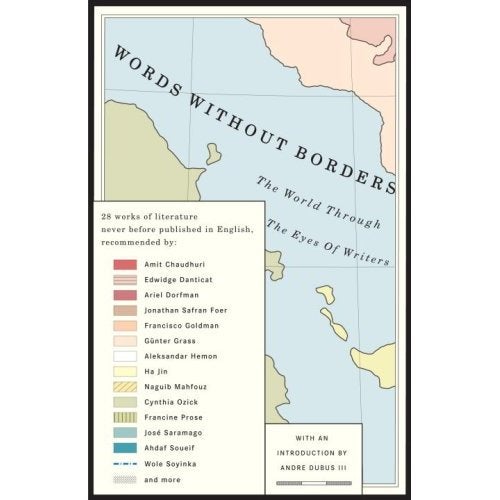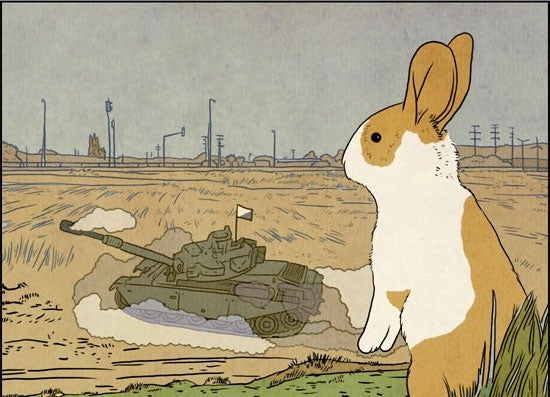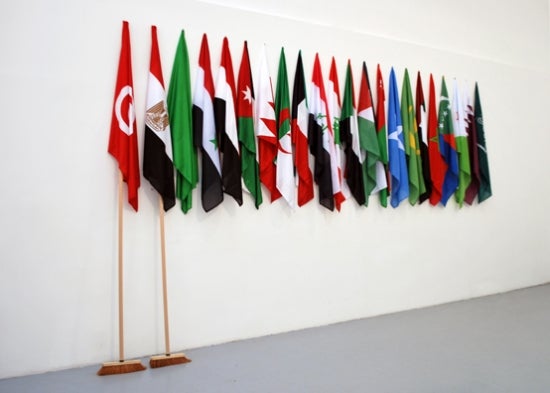
There’s no better way to learn about a country you plan to visit than reading about it, and local writing is the most authentic storytelling you’ll find. Until now, it’s been difficult to find translations of works written in places like North Korea, Iraq and even Europe. changed all that when it started publishing international literature online in 2003.
Eight years later, ��has gathered one of the largest collections of contemporary international literature in the English-speaking world. The group has published well over 1,000 works from 114 countries and 80 languages. Submissions are organized by country, language and author—including fiction, poetry, nonfiction,��book reviews, graphic lit and interviews. With 10 new works a month in its online magazine and five anthologies already to its name, WWB is bringing international writing back into the mainstream.
Susan Harris is the Editorial Director of WWB, and took a few minutes recently to tell us about her organization.

How did WWB come about?
Our founding editor, Alane Salierno Mason, a senior editor at Norton, began thinking about this in 1999. She was interested in translation, but not able to publish much (even at Norton); and she realized that there was no source for American editors to find about contemporary international literature. Alane applied to the NEA and won support to start the magazine, and WWB launched in August 2003.
How to you determine who will be published by WWB?
We have an extensive international network of publishers, writers, translators, and advisers and consult them for ideas and suggestions. We're active in the field, always reading and researching writing and writers. We’re one of the few publications actively pursuing translations, so publishers and translators often come to us with projects.
How does fiction give you insight into a country and culture in ways that travel writing and nonfiction can’t?
We believe that literature is the most informative source of social and cultural information. So many countries and cultures are known to the U.S. through a political prism only; access to foreign fiction and poetry is crucial to global understanding. (Our first three issues featured writing from Iran, Iraq, and North Korea.)

You recently published two issues of WWB dedicated to the Arab Spring.�� What is the state of fiction in the Middle East and did it contribute to the uprising there?
The majority of the writers we published in those issues live in exile; even those writers who have stayed in their countries often cannot publish in their native lands. Much of the fiction from the Middle East, like that from other oppressed countries, reveals social and political repression in both explicit and coded ways. Fadhil Al-Azzawi's “,” for example, imagines a theme park for deposed dictators, one of whom is clearly based on Gadhafi. More indirectly, uses the murder mystery genre to camouflage his attack on the sexual and political repression in Yemen and the violence these beget anywhere that free expression of opinion is muffled.��
Are there any authors on your site who are currently in jail or prohibited from publishing? If so, who? Can WWB, or readers, do anything to help them?
I'm not aware of any imprisoned contributors, but we have many who are unable to publish in their home countries and live in exile. PEN is a good source for information on imprisoned writers and other human rights violations: pen.org
Could WWB exist without the Internet? How does publishing first-run fiction online compare with publishing in print?
The Internet is crucial to our mission. We can publish on tight schedules and modest budgets. We don’t have to worry about distribution, subscriptions, or returns. We're read all over the world at no cost. We can respond immediately to news and events. None of that would be possible if we were a print publication. I love the immediacy of online publishing. An Egyptian graphic artist drew the protests in Tahrir Square for us as they happened. When Herta Müller won the Nobel, we published a section from her new novel that week. We do have print projects: we've edited of international literature.
Where does your financial support come from and how can readers contribute?
We're supported by grants and private donors, and welcome donations of any size. Readers can contribute by clicking .
–Porter Fox is the editor of